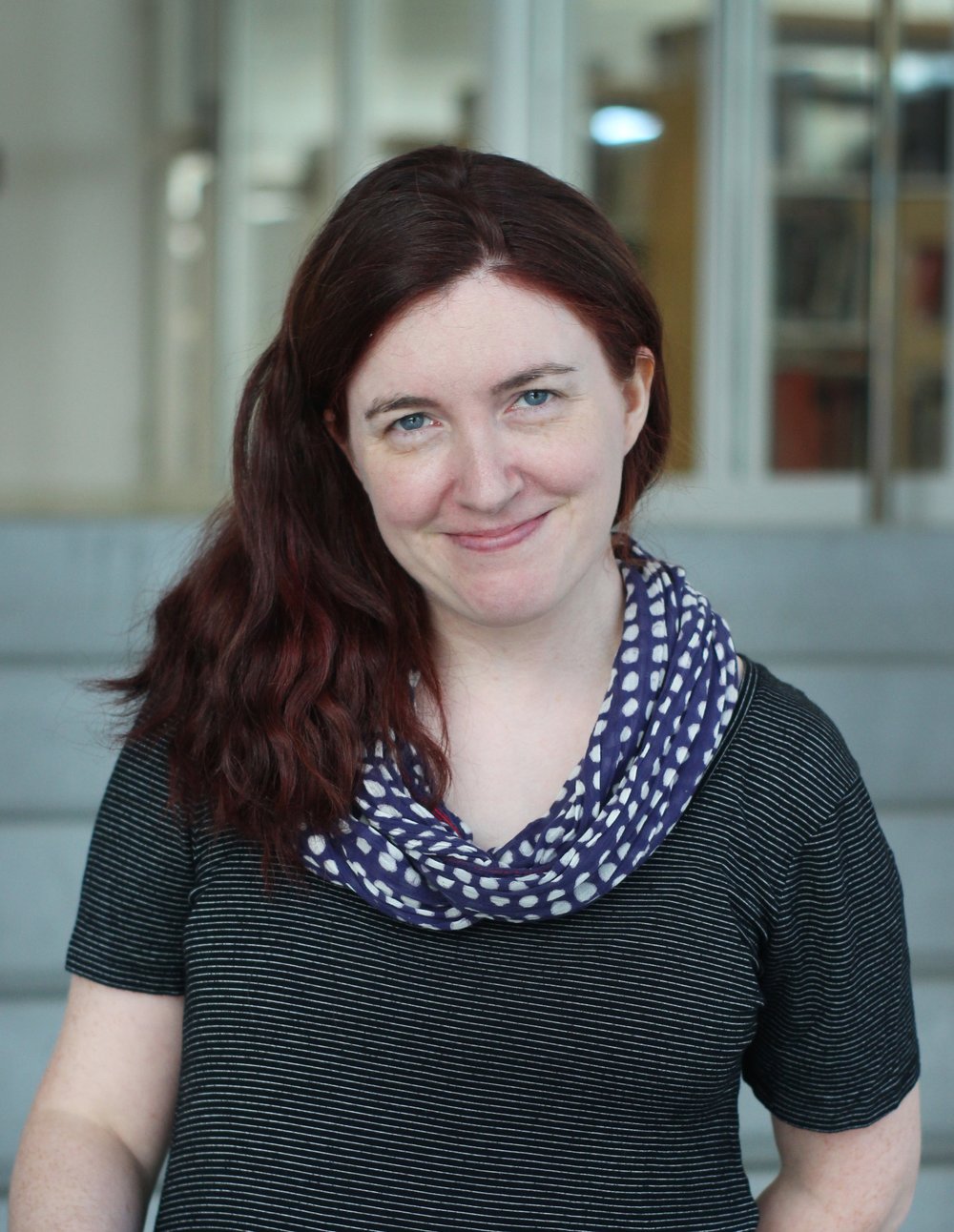
Davida Smyth Explores the Connections Between Science and Society in Eugene Lang College’s Interdisciplinary Science Program
The COVID-19 pandemic has brought about many changes in the world, from the adoption of social distancing to the shift from on-campus to remote teaching to the rise of home cooking. For Davida Smyth, associate professor of natural sciences in the Interdisciplinary Science program at Eugene Lang College of Liberal Arts, the pandemic has provided urgent real-world subject matter to bring into the classroom.
Like all programs at Eugene Lang College, Interdisciplinary Science focuses on connecting academic work with project-based learning that allows students to understand subjects in a real-world context. The program explores the connections between science and society by integrating laboratory work and quantitative reasoning with the social sciences, humanities, and arts. “Science is not just this thing you learn about in school,” says Smyth. “Science is a process and a tool that can be used to inform people about the world and to make it a better place, but it’s often not taught that way. We want our students to know that science is about thinking, and it’s about the process.”
Smyth’s ability to connect science teaching with practical application has led the National Center for Science and Civic Engagement (NCSCE) to appoint her deputy director. She assists with professional development programming and assessment research that supports educators, including the organization’s premier program, Science Education for New Civic Engagements and Responsibilities (SENCER). There are several similarities between Eugene Lang College and NCSCE in their philosophies of science education. “Both are dedicated to teaching students to be engaged with science through tackling real-world problems and showing that science can sometimes be the solution to these problems,” says Smyth. But for Smyth, there’s more to the connection between The New School and NCSCE than just educational philosophy. Smyth actually joined the faculty at The New School after meeting and being recruited by Katayoun Chamany, professor of biology at Eugene Lang College, whom she met through SENCER.
The pandemic has provided Smyth, a microbiologist who studies antibiotic-resistant bacteria in the built environment, with real-world experiences to bring into the classroom. While bacteria and viruses are not the same, her background in studying how bacterial infections are transmitted helped her adapt her spring courses and laboratory classes to address the pandemic. “Last semester, I taught a mathematical modeling module with Anne Yust [a former assistant professor of mathematics and quantitative reasoning] that was supposed to be about mutations in my Evolution, Mutation, Computation course. However, due to the pandemic, we rapidly transitioned the module to look at COVID-19 and its transmission in the built environment,” says Smyth. “We weren’t just teaching modeling. We’re teaching it within reality.”
While the transition during the spring semester happened quickly, knowing that the upcoming semester will be taught online has given Smyth and other faculty time to plan, ensuring that students’ learning outcomes will be similar to those they would have had from in-class instruction. “We’re less focused on the nitty-gritty, techniques and tasks and more focused on the critical, problem-solving, higher-order thinking that is really the goal of science.”
Smyth believes that this fall will represent a return to “old-school” practices. “I’m going to try to do things like send students foldscopes, paper microscopes that you build yourself — with directions, of course. It’s like they’re out on the frontier, so they have to think, ‘What am I going to do? I’ll build my own microscope,’” says Smyth. Courses will also have students thinking more about real life. “We’ll investigate things like why it’s important to wash your hands and to use soap and water, why mask wearing is critical from a herd immunity standpoint, why the process of vaccine production has been altered for this pandemic.”
Smyth is also incorporating less-academic trends into her fall courses. She is assigning sourdough bread baking, which became popular in the early stages of the pandemic, as lab work that can be done at home. “I’m planning to have students create sourdough cultures as something scientific they can do at home, through which they can interact with microbial communities,” says Smyth. “They’ll send their samples to me, and we’ll have remote lab sessions where I’ll test their samples.”
Outside of Eugene Lang College, Smyth is researching the pandemic to help provide solutions for containing this and future outbreaks. She recently received a National Science Foundation grant, called RAPID: Collaborative Research: Metapopulation Modeling to Develop Strategies to Reduce COVID-19 Transmission in Public Spaces, to investigate how the virus spreads in built environments. She has also joined with researchers from the City University of New York and the Westchester County Department of Environmental Facilities as well as the NYC Department of Environmental Protection to study how to detect COVID-19 in wastewater; the results of this project may aid in identifying and containing outbreaks in large urban areas. Says Smyth, “As a microbiologist, this is a real-world opportunity that is incredible, but you hope you’ll never have it again.”